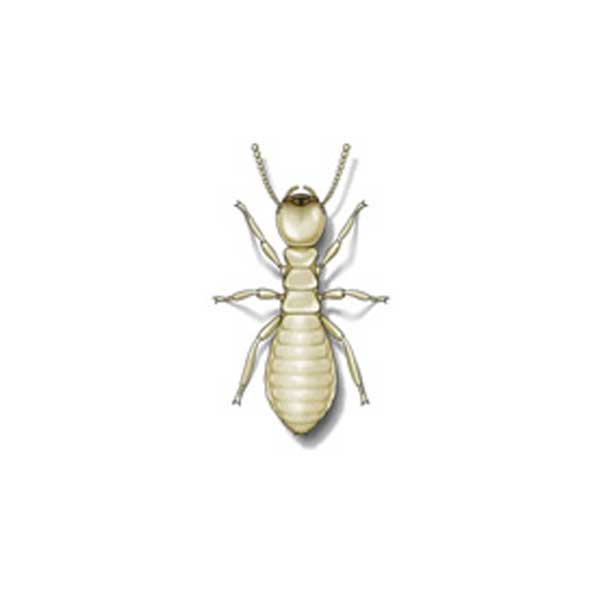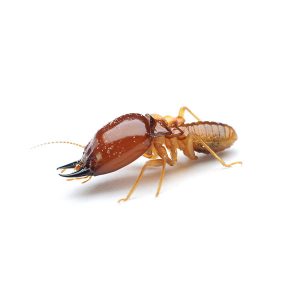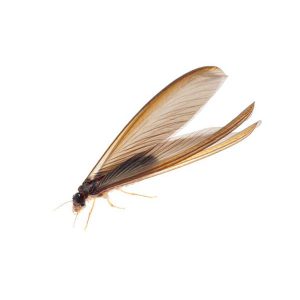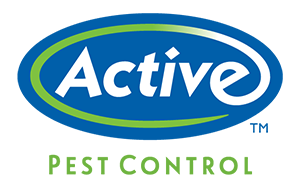Eastern Subterranean Termites in Georgia
The eastern subterranean termite is a social insect and the most common and widely distributed termite in North America. Due to its wide distribution, it is considered the most economically important and damaging species in the U.S. Termites consume cellulose, the main structural component of plant cells. Any wood material in a home is a potential food source, but they may also damage non-wood material in search of food. Termites rarely show themselves in the open, and infestations can be difficult to detect until the damage becomes severe.
Eastern Subterranean Termite Habitat
As the name ‘subterranean’ implies, these termites live under the soil. In structures, they live in walls, basements, crawl spaces, and other damp areas. Termites swarm in the spring to find a mate. Winged termites are attracted to light and will swarm around doors and windows. After fluttering about for a short time, the termites break off their wings and pair off, becoming king and queen of a new termite colony. A common sign of termites is the presence of mud tubes, inside or outside of a home. Termites make these earth-colored tubes primarily as a protected runway from the earth to the wood they feed upon.
Eastern Subterranean Termite Behaviors, Threats, or Dangers
Because termites consume cellulose, any wood material in a house is a potential food source. Termites are secretive, and when termite damage becomes evident, it is usually the result of a few years of infestation. Damage can be hard to notice until it is too late; the average homeowner repair costs averages $3500-4000. They travel through the soil in search of food, which will often be the wooden supports of your home. The presence of swarming termites or their wings alone is a sure sign that termites are working in a building. Winged termites are often confused with winged ants; however, most species of ants in the house are only nuisances and, except for carpenter ants, they do not damage the wood. Always contact your local termite exterminators for help with eastern subterranean termite problems.




